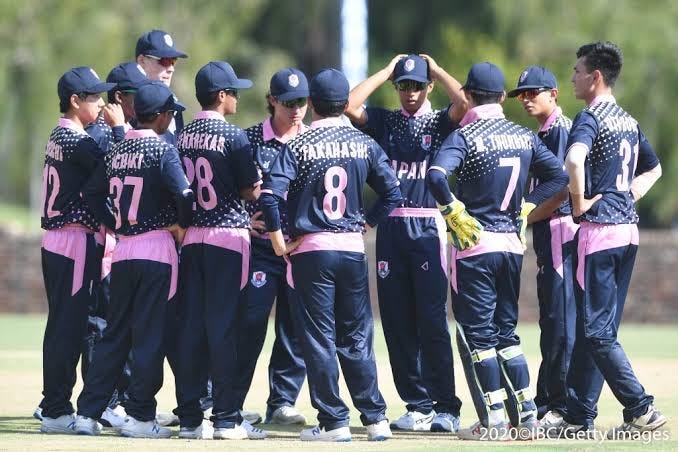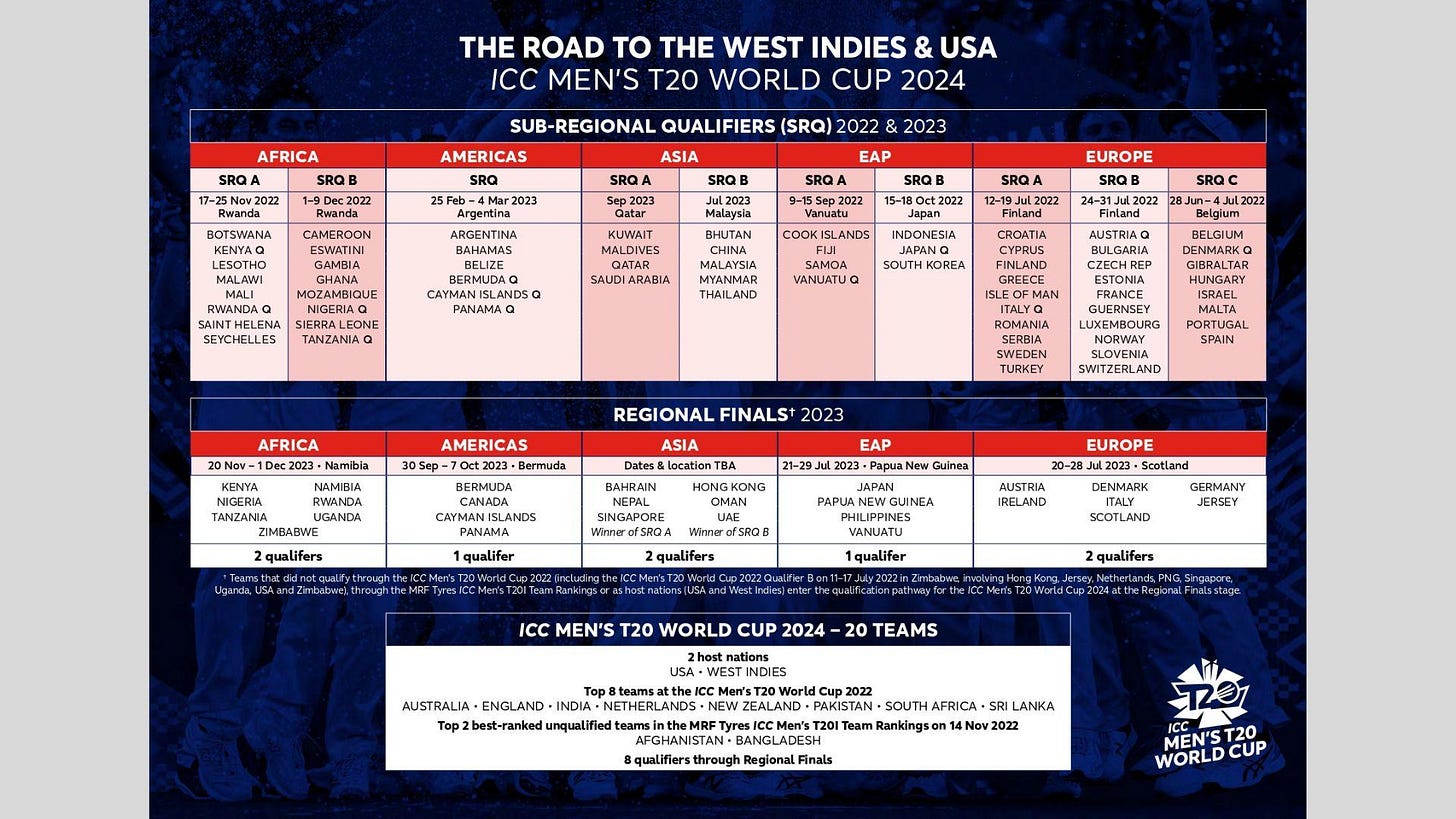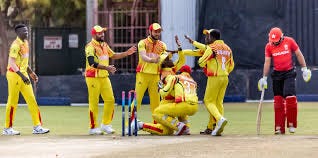A man walks into a bar. Well, more of an exclusive Club. He’s a bit disheveled, awkwardly loud and argumentative. The manager is called and asks the man to ‘tone it down.’ The man takes it as an affront and clearly isn’t going to change his mood. The manager says he will have to leave unless he calms down. Eventually the manager does ask him to leave.
At which point another man appears, from a private room in the club. He tells the manager that everything is ‘fine’ and that the cantankerous visitor can stay. He steers him into the private room and takes responsibility. The rest of the guests in the Club resume their affairs as normal although many believe the manager has been in dereliction of his duty and has been ‘weak’.
Turns out the second man owns the Club and the rogue visitor was his son-in-law. He’ll ‘take care’ of the situation. The manager did his job perfectly but he isn’t, in fact, the boss. The owner appreciates the manager running the Club but, ultimately, his decisions can, and will be over-ruled from time to time. Mostly not. The manager runs the Club efficiently, by the rules. Until they don’t apply.
It may not be the best analogy but you get the picture. The ICC manages global cricket with remarkable precision given the enormity of the logistical challenges but it is not the boss. The further up the pyramid the game goes, the more likelihood there is of the boss over-ruling them. The further down the pyramid, the more chance the boss will have absolutely nothing to do with decision-making. Or even have any idea of what’s going on.
The ICC is now, basically, an events-organising entity, and it does them brilliantly. We all get to see the World Cups and Test Championships, but it is lower down that they really excel. Many hundreds of fixtures between countries never normally associated with the game are organised, administered and completed outside public gaze and criticism.
Some people may be transfixed by the Mona Lisa or Van Gogh’s Sunflowers, but I find myself transfixed by this image. Look at it closely and you’ll see that Japan could be playing in next year’s T20 World Cup. That’s not a typo. Japan, Uganda and the Cayman Islands have made it through the Preliminary Qualifiers to reach their final, Regional Qualifying tournaments. As has Austria. And Panama. These teams are just a couple of shock victories away from reaching the T20 World Cup in the Caribbean and the USA in 2024.
Zimbabwe and Namibia should emerge from the Africa Group but, should one of them slip up, Kenya, Uganda, Tanzania, Nigeria and Rwanda could reach the World. If that doesn’t boggle your mind then you are either far more involved in the world of Associate Cricket than I have ever been – or you are the kind of person who shrugged their shoulders after using a fax machine or video phone call for the first time.
Papua New Guinea will be strong favourites to claim the single qualifying spot from the East Asia Pacific group but one bad day and Japan, Vanuatu or the Philippines could claim that place. It’s all quite exhilarating.
So much time is spent focussing on the major international teams. That’s the way it’s always been. But now that the global game has changed forever, and only the Big Three will be playing substantive Test cricket, perhaps our focus should change to what’s happening in the many layers of cricket below Test status?
The aforementioned manager of World Cricket’s exclusive Club opted to expand the game through the T20 format and the owner, and his board of Test playing directors, did not object. As long as this development did not affect the hundreds of millions of dollars they receive each year from the ICC’s ‘big events’, they were unconcerned. If the manager wanted to stage smaller parties for the children of the game, so be it.
Ireland and Scotland will be strongly fancied to emerge from the European Qualifying group but look out for Italy which is a glorious exhibition of ‘money ball’ in action. An eclectic mix of the old, unfashionable, and unwanted captained by a 42-year-old Capetonian, Gareth Berg, who is still taking wickets and scoring runs for Northamptonshire in the County Championship. He has been doing his research and you’ll be surprised at how many former internationals he has located with Italian grandparents.
The mere fact that every nation on earth which plays cricket officially has an actual path to a World Cup, requiring many matches and a great deal of commitment from almost exclusively amateur players and administrators, is all the evidence you need to know that the ICC is doing a bloody good job. When they’re allowed to.








Thanks for an excellent article. Spent most of my ICC career officiating teams that you have mentioned and am always fascinated by the progress being made in so many associate countries. Players from Nepal to Jersey and Rwanda all have the same desire - to be playing at the highest level. Let’s give them more support. Well done.
I really don't like T20 cricket, for the longest time I wondered what drove this... Then this article helped me figure it out.. What I hate is that the T20 format is a bit like when transwomen win in women events, it is all sorts of wrong about it....
Let me explain, we know there is a lot of abuse of rules in sports when it comes to who is who, gender wise, and some bloke 400 or worse in his male sport, then changes gender and wins...That is just all sorts of wrong...
The top tier nations England, South Africa, Australia, India, West Indies, Pakistan, New Zealand all play 3 forms of cricket, Tests, ODI, T20... As they can afford to, well supported etc...
T20 is a cheaper version of cricket, it requires less time to play, it allows for a reasonable access to broadcast schedules.. You need all day to play an ODI, from 10am, to well past 4pm, or you need lights to play if starting at 2pm...
However if you schedule a T20 to start at say 10am, it should be over by 1pm, you could play a 2nd game, 2pm to 5pm...without needing lights or much ground prep, and a tournament could take place all done in a week, game 1 Monday, Final Sunday, on the plane/bus Sunday...
T20 is a sport that allows tiny teams the chance to play and win games, to play 50 overs is well beyond them, 50 overs is excessive, way too much for any lower level team to really understand...
Not making much sense, T20 is a perfect length of game that allows for teams to grow, I don't think the big tier 1 teams benefit much from T20, but Uganda, etc, they could in a week, play a lot of games, against other nations and benefit from on field time.. T20 being so short, you could if wll managed, and timed correctly you could almost turn T20 into a sort of tennis style...
Game 1: 9am to 12pm
Game 2: 1pm to 5pm
Game 3: 7pm to 10pm under lights...
The idea is that we have stadiums that are not used for 50 weeks of the year, and we could for very little investment host 6 or 8 teams for 2 or 4 weeks, twice a year to play "friendlies" or for points, best of 3 "sets" Game 3 if tied 1-1 at 5pm.... Not sure...
T20 is the right length for a certain tier of team, the T20 world cup should not include the Tier 1 teams, as they have such an unfair advantage... Something that cannot be "lawed" away...Uganda v South Africa, it would have to be an Under 16 SA side or something, to make it any sort of level...
After a recent rugby world cup, Japan had beaten South Africa, so let's involve Japan in a tournament, and well it did not go so well for the team in the east, all sorts of wrong, even imports from SA, NZ, etc helped not one bit... We have seen this tried and tried and tried and the same results.. Cote 'D Voire is never going to beat SA or NZ in a rugby world cup final, but CDV might win a world cup of Tier 2 and 3 nations ONLY....
That is what the T20 should be about...